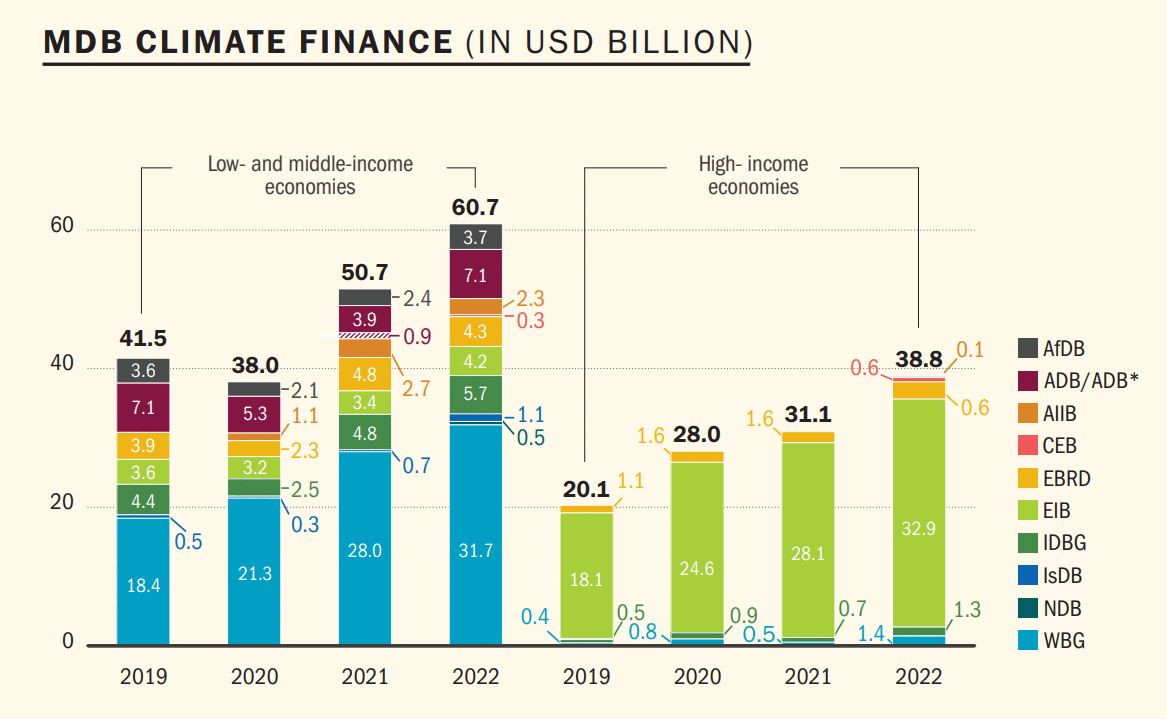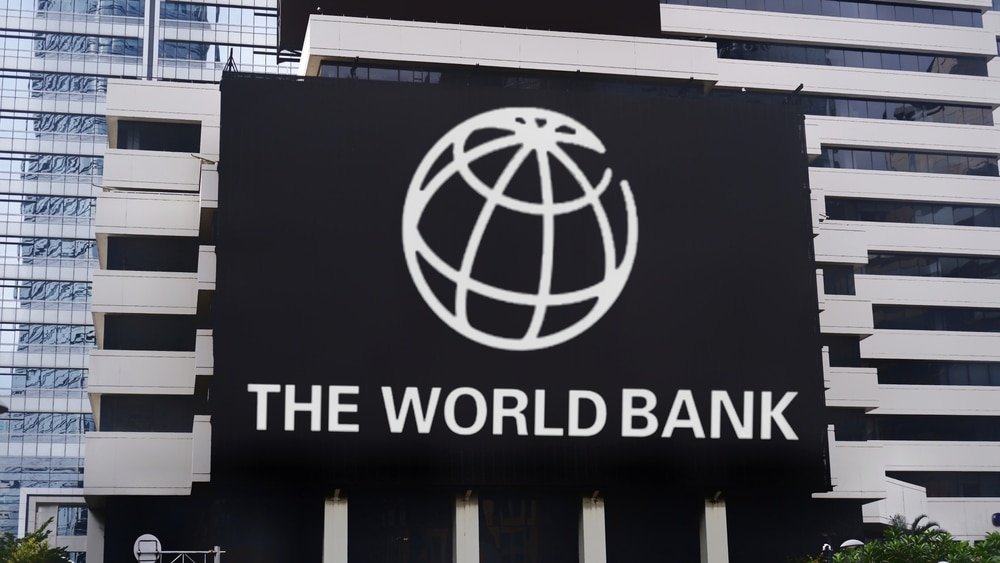The newly appointed President of the World Bank, Ajay Banga, unveiled plans to launch a mechanism for certifying forest carbon credits in the coming months. His mission is to revolutionize the bank’s operations while enhancing the credibility and transparency of voluntary carbon markets.
Banga emphasized the urgent need to redirect resources from affluent nations to less prosperous regions to address climate-related challenges.
In his address to a substantial audience at the Singapore FinTech Festival, he stressed that achieving this goal cannot solely rely on taxation or calls for financial contributions from wealthier countries due to political barriers. Instead, Banga proposed that reinforcing the trustworthiness of voluntary carbon markets holds the key.
Revamping Forest Carbon Credits for Credibility
The World Bank’s imminent certification mechanism for the forestry sector aims to establish reliable carbon credits. It also seeks to ensure proper pricing and direct resources appropriately.
Banga highlighted the significance of incorporating safeguards against deforestation and misleading reforestation practices to enhance the credibility of these markets.
During a conversation with Ravi Menon, the head of Singapore’s central bank, Banga emphasized that endorsing certified green credits could potentially streamline the carbon pricing process.
This strategy is meant to facilitate the flow of funds from companies and investors in developed nations to developing countries. The latter often provide the forest carbon credits that rich nations are buying.
Carbon credits have been a mechanism for companies and governments to mitigate greenhouse gas emissions. However, recent incidents such as the case with South Pole, a major carbon offsets player, have tainted the industry’s reputation.
Renat Heuberger’s exit as South Pole’s CEO followed accusations that the company exaggerated the climate impact of its products. Ajay Banga’s initiatives aim to address such credibility issues and instill trust in the carbon credit markets.
It’s important to note that major companies are also trying to rebuild confidence in these markets. Large asset managers and investors such as Manulife and Stafford Capital have raised millions of dollars in closing their forest carbon credit funds. Also, the likes of Oak Hill Advisors are also spending billions to reduce logging and boost forest carbon deals.
Redefining World Bank’s Focus
Ajay Banga’s leadership at the World Bank has introduced innovative proposals. The major one is expanding the institution’s focus on poverty alleviation to address urgent global issues like climate change.
During his address at the FinTech Festival, Banga advocated for the repurposing of subsidies that contribute to environmental harm. He highlighted the necessity to redirect subsidies, which presently support fossil fuels, towards initiatives that combat climate change.
Emphasizing the significance of allocating resources more thoughtfully, he expressed the need to reconsider how public funds are utilized, saying that:
“Repurposing these subsidies can be enormously helpful in the fight on climate…We must find a better way to spread the peanut butter.”
According to a World Bank report, the global expenditure on sectors like agriculture, fishing, and fossil fuels amounts to a staggering $1.25 trillion annually—equivalent to the size of a major economy such as Mexico.
Banga also stressed the role of multilateral development banks (MDBs), including the World Bank, in mitigating risks associated with climate-related projects. He proposed the idea of absorbing initial losses from projects like wind and solar, making them more appealing to investors.
In 2022, about $61 billion of MDB climate finance was given to low-income and middle-income economies. 63% ($38 billion) of this total was for climate change mitigation finance and 37% ($22.7 billion) for adaptation finance.

Mitigating Risks in Carbon Markets
However, Ravi Menon, Singapore’s central bank chief, cautioned that using public capital to reduce project risks has practical challenges and lacks universal acceptance. Concerns about political and foreign exchange risks could deter Western funds from investing in emerging market climate projects.
But Banga countered by underscoring the importance of MDBs in addressing regulatory risks. These financial institutions could offer risk guarantees and insurance to incentivize private investment.
The World Bank’s insurance arm protects investments from non-commercial risks, enhancing access to funding with better financial terms. The new president believes that the bank’s expertise is crucial in this space. Their backing will bolster private sector investments.
Recently, companies like Kita Earth are also introducing insurance products to protect carbon credit purchases. This safeguard has never been more crucial in building trust to scale this essential market that helps combat climate change.
Backing carbon markets underscores a strategic shift in the World Bank’s role. It positions the institution as a key player in steering financial resources towards sustainable and climate-resilient initiatives while navigating the challenges associated with global investment in climate-related projects.

